Packaging
policy
Beer bottles, cardboard packages, cans and bags: everyone deals with packaging in everyday life. Our packaging waste in Europe in recent years has been drastically increased. We often only use packaging for a very short time, then the vast majority of it disappears into the trash. We are committed to dealing with packaging differently. By avoiding disposable packaging wherever possible or replacing it with reusable packaging, we need fewer raw materials and the amount of packaging waste is rapidly decreasing.
together against unnecessary packaging
Packaging policy is regulated at different political levels. For example, the European Packaging and Packaging Waste Regulation sets the rules for all the different types of packaging materials, while the Single-Use Plastics Directive specifically determines how to handle plastic products. There are also rules around producer responsibility, which require producers to pay for the cost of collecting and processing certain packaging waste.
Fair Resource Foundation is pushing both nationally and internationally for ambitious packaging policies and proper implementation of new regulations to stop the uncontrolled growth of packaging waste. At the European level, we are working together in a coalition of environmental organizations with different expertise (plastics, paper, standards), so as to be able to present a strong voice together in the various negotiations.

disposable paper containers are not the solution
Paper and cardboard make up the majority of packaging waste materials and are the second fastest growing stream of packaging waste. Reduced demand for paper from other sectors, such as graphic and sanitary papers, is being offset by rapid growth in packaging, driven in part by emerging trends such as e-commerce and food delivery. Paper packaging remains the largest source of packaging waste in the European Union (41.1%).
Yet paper packaging is often seen as a “sustainable” alternative to plastic packaging. Research shows, however, that paper alternatives present many problems, and that paper is almost always combined with plastics and chemical coatings. Paper packaging for food and beverages faces multiple challenges throughout its life cycle, including the pulp and packaging industry’s impact on climate change, biodiversity loss, water stress and deforestation.
Fair Resource Foundation wants Europe to introduce effective rules to address the uncontrolled growth of single-use packaging, regardless of the material from which it is made.
Latest publications
About Packaging Policy
Packaging Policy
Want to know more about this topic?
